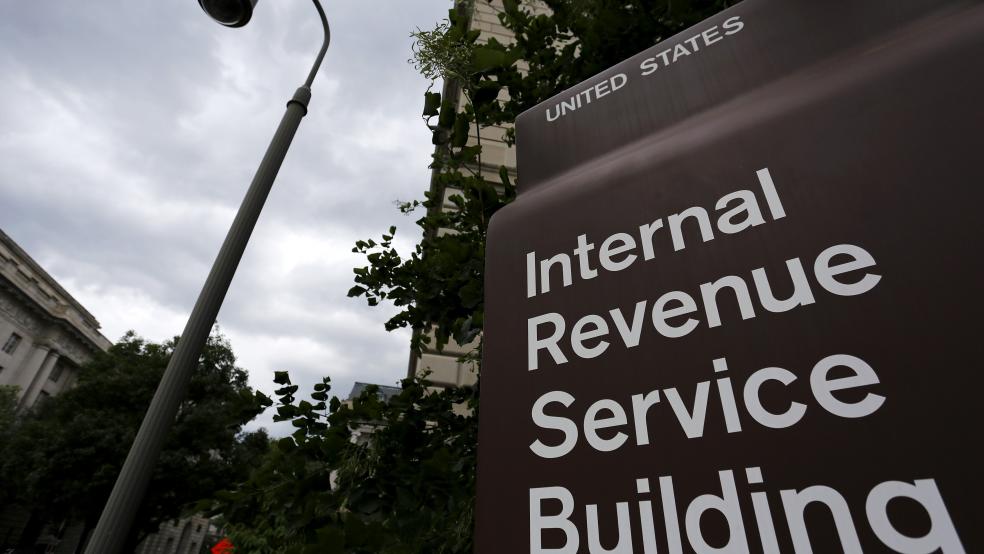President Biden is counting on a reinvigorated IRS to help fund some of his more ambitious spending plans, but The Wall Street Journal’s Richard Rubin says Tuesday that revitalizing the agency may be more challenging than some policymakers expect.
There’s little doubt that the IRS needs help. The agency has lost about 15% of its workforce over the last decade, making it harder to provide services to taxpayers, and the percentage of taxpayers being audited recently fell to a 40-year low. As a result, the value of missed tax collections has soared, and Commissioner Charles Rettig said last week that the underpayment of taxes may come to $1 trillion each year.
Lawmakers have eased a long-term decline in funding recently, providing a modest boost to the agency in the past few years. But Rubin says that additional funding may not be enough.
“A turnaround takes more than money,” Rubin writes. “It is a management challenge as complex as the IRS itself. The agency is a collections company, police force, law firm, financial institution, call center and high-security information-technology shop rolled into one. It operates with political constraints no private company faces, such as budgets that fluctuate with election results and pushback from influential businesses large and small when it ramps up enforcement.”
IRS advocates say that the key to restoring the agency is straightforward: it needs a lot more well-trained people, especially those who can investigate complex partnerships and elaborate tax avoidance schemes. But it takes time to develop those skills.
“If we get funding—let’s say tomorrow or next year—for a lot of revenue agents that would be fantastic,” Deputy Commissioner Sunita Lough told Rubin, “but the results take a long time.”
Former IRS commissioner Charles Rossotti said he would wait to see how the revival effort plays out. “If I hadn’t lived in Washington for 50 years, I would say, ‘Wow, this is the moment, definitely,’” he told Rubin. However, given his experience, “I’m a little more cautious,” he said.


